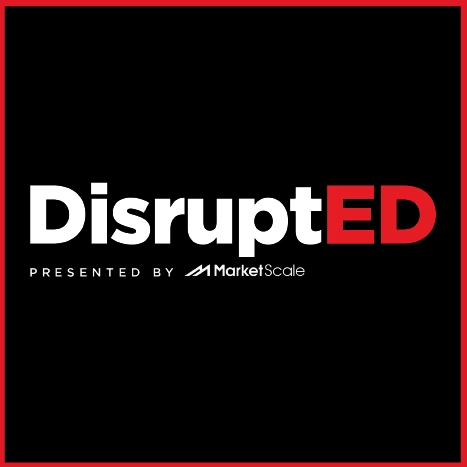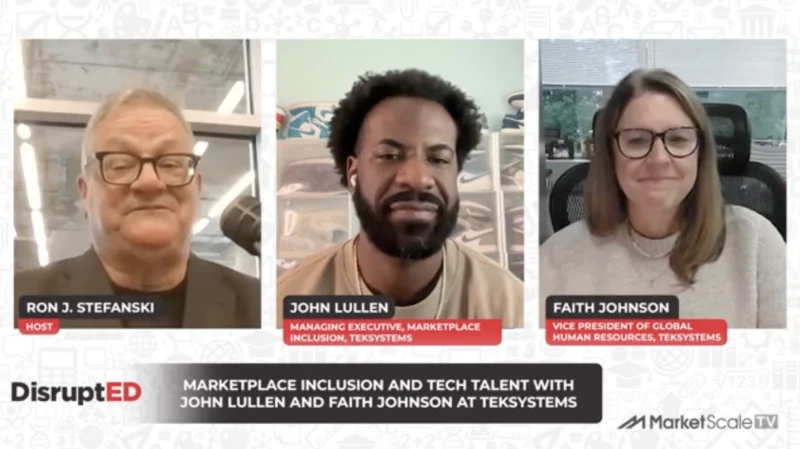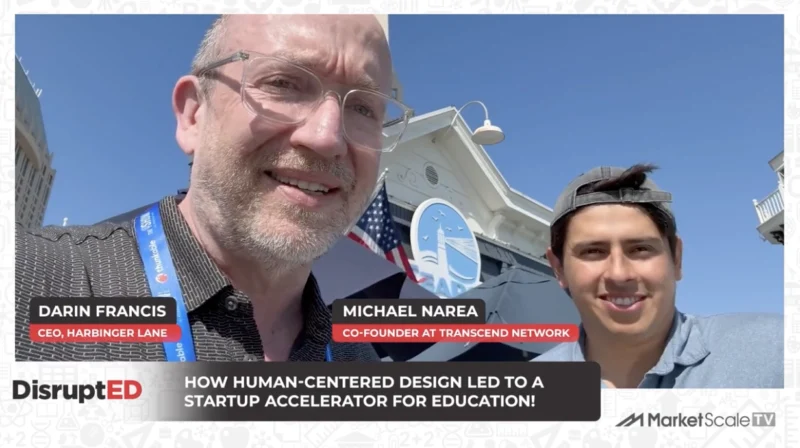AI in Workforce Development: Businesses Must Harness the Power of Technology to Ensure Career Development Among Employees
The job market is undergoing a transformative period, heavily influenced by rapid technological advancements and the integration of artificial intelligence (AI). As industries face a critical skills gap, the traditional path from education to employment is being reevaluated. The role of AI in workforce development is gaining traction, with businesses increasingly adopting machine learning tools to optimize operations, with profound implications for workforce development.
How can businesses effectively align AI with their strategic goals while supporting their employees’ career development?
This week on DisruptED, host Ron J Stefanski is joined by Kayvon Touran, CEO and Co-founder of Zal.ai. Together, they delve into the role of AI in workforce development and how companies are approaching learning and development (L&D).
The two discuss…
- Role of AI in Workforce Development: Exploring how AI enhances the measurement and verification of skills development.
- Challenges and Opportunities: Discussing the difficulty companies face in aligning organizational goals with individual career aspirations and the potential solutions.
- Future of AI in L&D: Envisioning how AI-driven platforms like Zal.ai can transform traditional L&D into more dynamic and personalized career development tools.
Kayvon Touran, a serial entrepreneur with a rich background in educational technology, co-founded Zal.ai with Stephen M. Kosslyn, President of Active Learning Sciences, and Joseph Rousseau, CIO of the Epic Education Foundation. Prior to Zal.ai, Touran’s innovative work at Noodle helped scale the company significantly, showcasing his capability to merge technology with user-centric solutions. His latest venture focuses on using AI to create a transparent, engaging method for employees to track and advance their career skills.
Article written by MarketScale.




